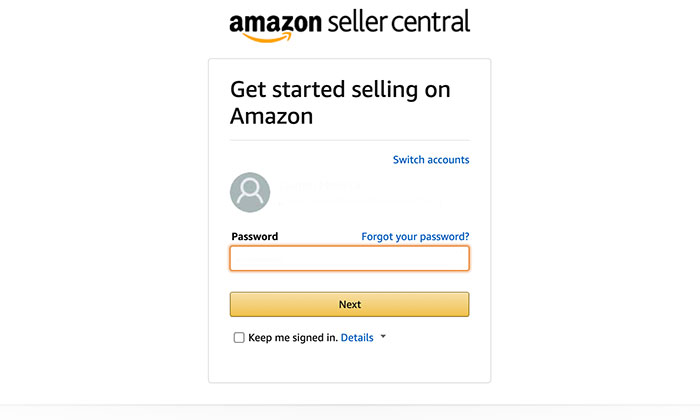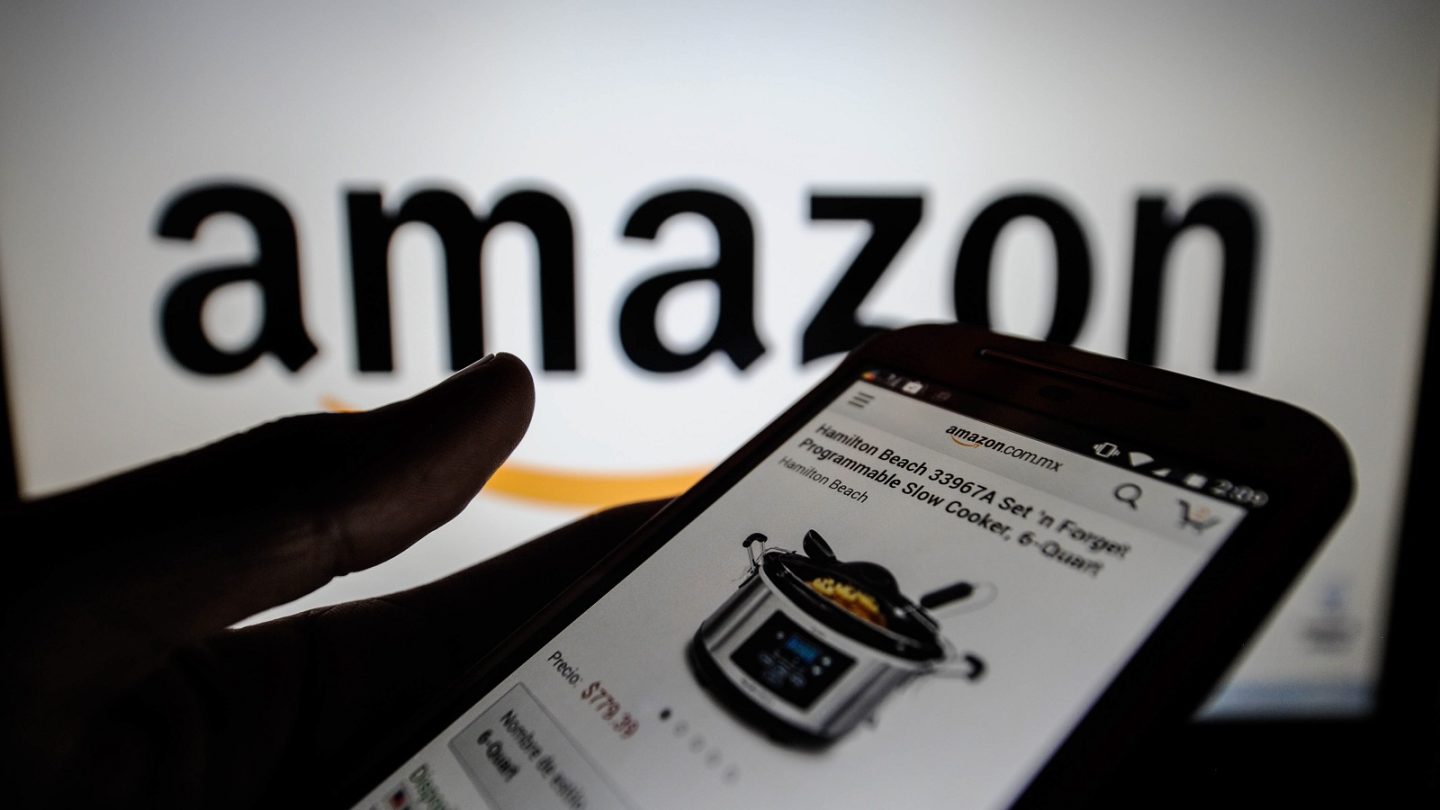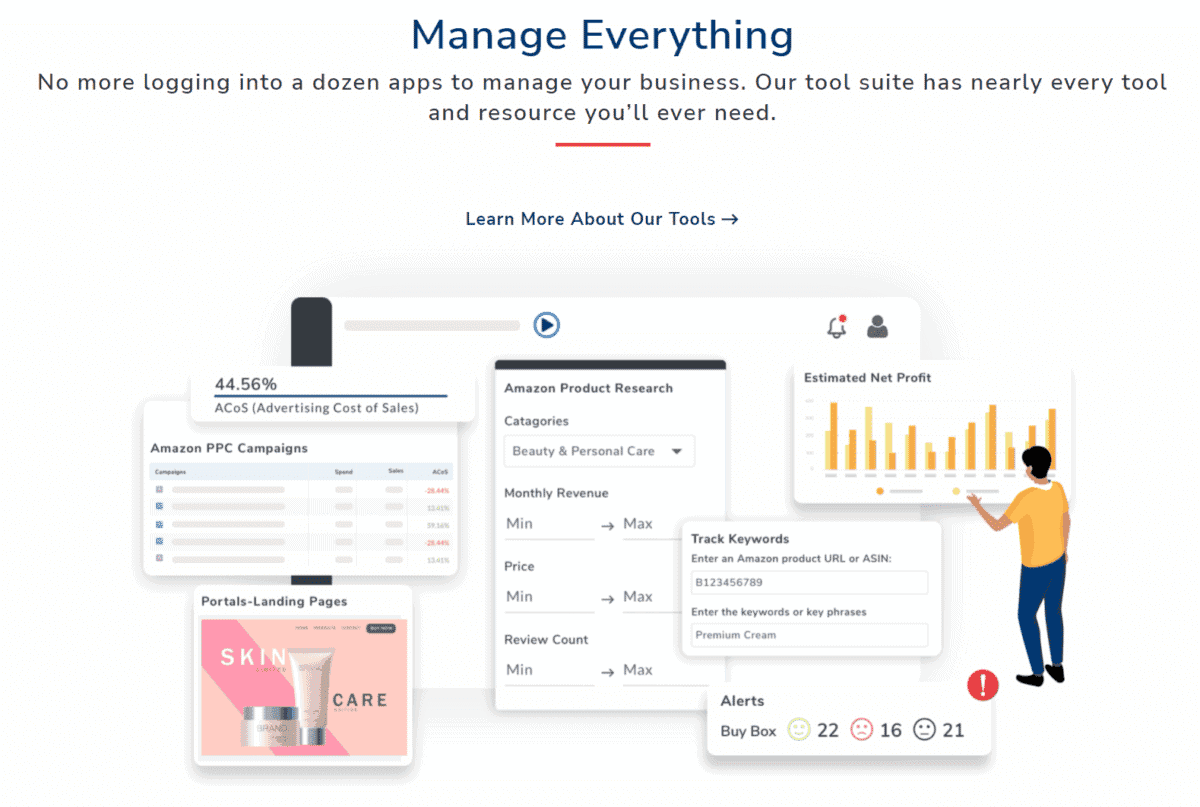
Retailers offer services to make customers' shopping easier and more enjoyable. These services include product displays and salespeople. Retail stores are a great place to start a career and generate high-quality sales. They offer many different products and services. The retail staff also distribute information about the products and the services to customers through signage, display, and sales personnel. Here are some of the most commonly-held retail jobs.
Wholesaler
The relationship between a wholesaler and a retailer has long been a tried-and-true formula, and it continues to work quite well today. Wholesalers often approach retailers directly to establish a relationship. How can this relationship be successful? These are some tips to help you make this relationship work. Before you make a purchase, think about the strength and capabilities of your product, your workforce, or your business channels. You should always strive to sell the best products.
A retailer is a local shop that buys large quantities of products from a wholesaler, then resells them back to customers. The retailer is the representative of the company's end users. The wholesaler discounts are passed on to end users by retailers, who often offer cash and seasonal discounts. Both wholesalers as well as retailers make a profit from these sales. Regardless of the type of business you are in, this relationship is essential to your success.
Wholesalers are in close contact both with the customer and the manufacturer. The wholesaler might be able remove the manufacturer from the equation when purchasing products from them. Wholesalers have the option to put their label on the product. Wholesalers can also learn by watching which products are selling well. Focus on these products to grow your business. There are many benefits. If you partner with a wholesaler you can improve your bottom-line and make a profit.
A wholesaler and retailer compete for resale profits. It is important that you do not reduce the wholesalers price. This will prevent the relationship being damaged. In order to prevent this, you should create separate price lists per vendor, each sales channel, and across vendors. This will make sure you don't overcut your competition or reduce your profits. You don't want to be a novice to the business model. Read on for more information.
The intermediary between the manufacturer, the retailer and the wholesaler is called a wholesaler. A wholesaler purchases large quantities of products, then sells them to a retailer. Finally, the retailer sells small quantities to the consumer. Typically, the selling price of wholesale goods is higher than the prices at which they are purchased from manufacturers. Because they specialize in a product and can sell a variety, a retailer differs from a wholesaler.
Fixed retailer
The Fixed retailer is a type of shop that deals in a limited line of goods. This type of retailer is typically run by the shop owner, who works alongside a sales assistant. Smaller fixed shops are typically located in residential areas. They offer convenient shopping as well as credit facilities. These shops give customers a personal connection as well the convenience and security of a physical location. These are the key characteristics of Fixed Shops. Read on to learn more about these businesses.

Street stallholders sell their goods from stalls that are set up in the streets. These stores don't change their locations often and are located in central areas where there is heavy foot traffic. Street stalls don't have the capacity to hold large inventories. They typically sell everyday-use items. It is important to remember that fixed retailers might have more inventory than a street hawker or peddler. Fixed retailers are more flexible than their roving counterparts.
Fixed retailers operate on a small scale, selling a variety of goods from a fixed location. They are also known by the term "fixed shop" retailer. They are known as "fixed shop" retailers. But their success depends on how big they are and how adaptable they are to changing markets. Even small businesses have unique characteristics that can set them apart from larger ones. What can a Fixed retailer do to benefit from a small scale model?
Scale is the main difference between an established retailer and one that moves around. Fixed-shop retailers are able to trade from one place to the next, while itinerant retailers can do so in many different locations. A fixed-shop merchant is more established than the one who travels, and can offer more products and services. Fixed Retailers can be large-scale but still maintain a small scale operation because they have a physical location. Small-scale retailers are simple to set up and do require no involvement from others.
Itinerant retailer
A non-itinerant retailer is a retail trader that has a fixed shop where the goods are sold to consumers. These retailers may operate on a small or large scale. Because there is no fixed place to store goods, smaller shops sell a limited range of goods. Large-scale shops invest a lot of capital in order to offer high-quality goods to consumers. These retailers also have a wide variety of products to choose from.
The word "itinerant" comes from the word itinerary. It is pronounced "eye-TIN'-er-ant". An itinerary is the traveler’s plan and schedule. Itinerant retailers can be any of the following: street traders, hawkers and market traders. Itinerant retail may not have a store or fixed location, contrary to their name. They can also be called "hawkers," or "paddle dealers."
Itinerant retailers have two main advantages: low capital and the ability of moving from one place to another. Aside from this, they can provide personalized services to their customers. They typically deal with daily items and can often deliver these products right to their customers. They sell products people use every day at a low price. They require little capital investment and have low prices compared to traditional retail business models.
The term "itinerant merchant" is used in the United States to describe a retail trader who does not reside within a building. This type of retail trade is when a seller sells goods without a building. Sometimes, they even ferry from one place to the next. However, it is important to note that this type of merchant is not necessarily legal in all places. Itinerant merchants can legally operate as long they have the appropriate permits and not exceed 180 days per fiscal year.
Service provider

Keep in mind that each provider will have different costs and customer support. However, most retailers expect some level of support when issues arise in the store. PSPs often offer support and guidelines for customers having trouble with online payments. Risk protection services are especially valuable for online merchants, who face a greater risk of payment rejection than other businesses. High rejection rates can adversely impact profits, and lead to higher payment processing costs and collection and warning fees.
The retail landscape has become more complex with omnichannel and online shopping. Retailers must optimize their supply chains and increase staff efficiency, even though margins are still slim. Cybersecurity threats continue to pose a serious threat to consumer data, which is essential to creating differentiated customer experiences. Retailers should seek out specialized solution providers in order to enhance their existing strengths. RMS, a Preferred Service Supplier with extensive field experience, is here to help.
A service provider is a company that offers both physical products and related services. This allows customers to have the ultimate shopping experience. The retailer is clearly considered a service provider. This means that it offers an enhanced customer experience, accepts multiple payment methods and can provide recommendations and demonstrations. The service provider not only provides convenience, but also keeps its customers loyal. This is a great business model for retailers. Service retailers are able to build customer loyalty and increase profits while still offering the best in-class service.
FAQ
Is it acceptable to ask for discount coupons when shopping?
Always try to negotiate a lower price when buying products. It is polite to ask if they have any discount code. If you're polite, they might offer you a special deal. This could help you save money in the long-term.
Is there a place where I can find coupons for online purchases?
There are two methods to find coupon codes for online shopping. Both methods work but certain websites may be more easy to navigate.
Are there any free shipping options for orders above $25?
Yes, you can order items from most major websites without having to pay shipping. Some websites even offer free shipping on some items. You must spend at least $25 to qualify for free shipping. Many websites will automatically apply free shipping to your entire cart. Some websites will require that you enter the code "SHIPFREE” during checkout.
How can I protect my privacy online?
Consumers need to be aware of what information they give away when using an online service like Amazon.com. It is important for consumers to ask themselves whether they are willing to share their personal information with companies like Amazon. If you don't wish to share such information, you may need to limit your shopping experience on sites you feel comfortable sharing your private details.
Statistics
- Last Black Friday, I bought a stove from Lowes at 40% off, receiving 24 months of interest-free financing (from Lowe's). (meetfabric.com)
- The tax is automatically added once you click the checkout button, so factor in an additional 20% when looking at the product page. (makeuseof.com)
- According to the Federal Trade Commission (FTC), online shopping was the fourth most common fraud category for consumers as of February 2022.5 (thebalance.com)
- All items on AliExpress have an estimated delivery time on the product page, and it's usually anywhere from 20 to 60 days. (makeuseof.com)
External Links
How To
What are the safest online shopping methods?
If you want to shop online safely, safe online shopping is essential. It's great to be able to shop from various websites without being scammed.
You can read the rest of this article to learn how to purchase items online. This article explains all the tricks and tips that make sure you don't fall victim to scams.
-
Do your research. Before you decide to shop online, it's essential to do your homework first. You can read reviews about the company and look for feedback from customers. Refer to friends for suggestions.
-
Look around. Compare prices between several sellers if you are unsure about the reputation of a particular store. You might also consider price comparison apps such as Amazon Price Checker and Google Shopping. These tools will allow you to find the lowest priced retailers.
-
Pay attention to red flags. Watch out for signs that a scammer might be trying to trick customers when browsing product pages. Many sites are fake and contain misspelled words as well as grammatical errors. These fake sites may also sell counterfeit products or display insufficient products.
-
Beware of popup windows Some websites use pop-ups as a way to collect sensitive data such as passwords and credit card numbers. When you see one of these pop-ups, click "escape" to close it immediately or choose another browser window.
-
Ask yourself questions. Ask yourself these questions whenever you visit a website. Do I get what I need from it? Can I trust the people behind the site?
-
Don't give away your personal information. Unless you initiated the transaction or provided financial information, do not give out your Social Security number, bank account numbers, or credit card details by phone or email.
-
Avoid clicking on email links. It's easy to click a link in an e-mail and be taken to a phishing site. Avoid falling for this type of fraud by only opening emails from trusted source (such as banks).
-
Use strong passwords. Strong passwords should be composed of letters, numbers and symbols. It is important to keep your password confidential.
-
Be careful about downloading files. Never open attachments from unknown senders and always download files directly from the source. Never open attachments sent by unknown senders. And if you receive an attachment that asks you to install software, delete it quickly.
-
Report suspicious activity. If you suspect your identity was stolen, immediately contact your local police department. You may also file a complaint to the Federal Trade Commission.
-
Protect your device. Make sure that your computer is protected against malware. It could protect you from hackers gaining access to your private information.
-
Senior scammers to watch out for Scammers targeting seniors are particularly vulnerable because they have less ability to recognize fraudulent messages or websites.